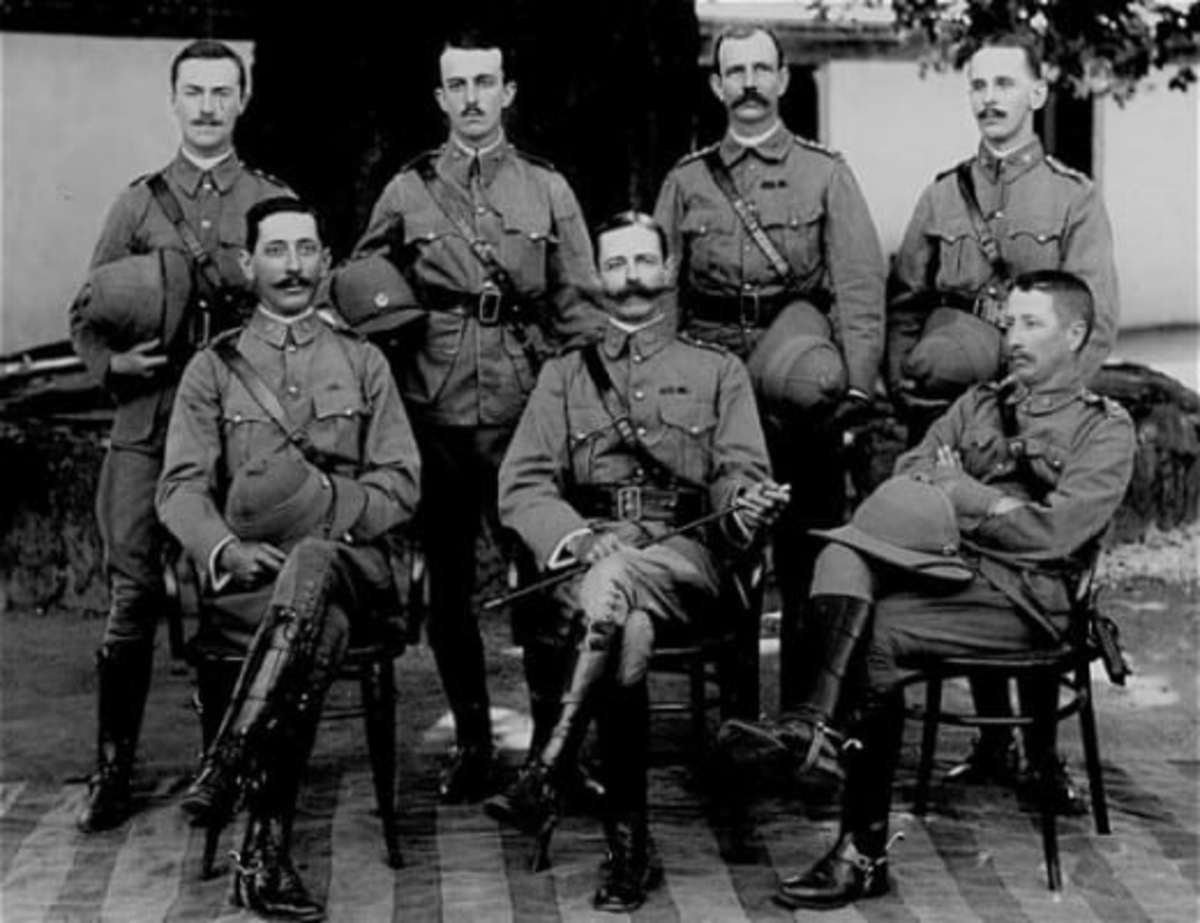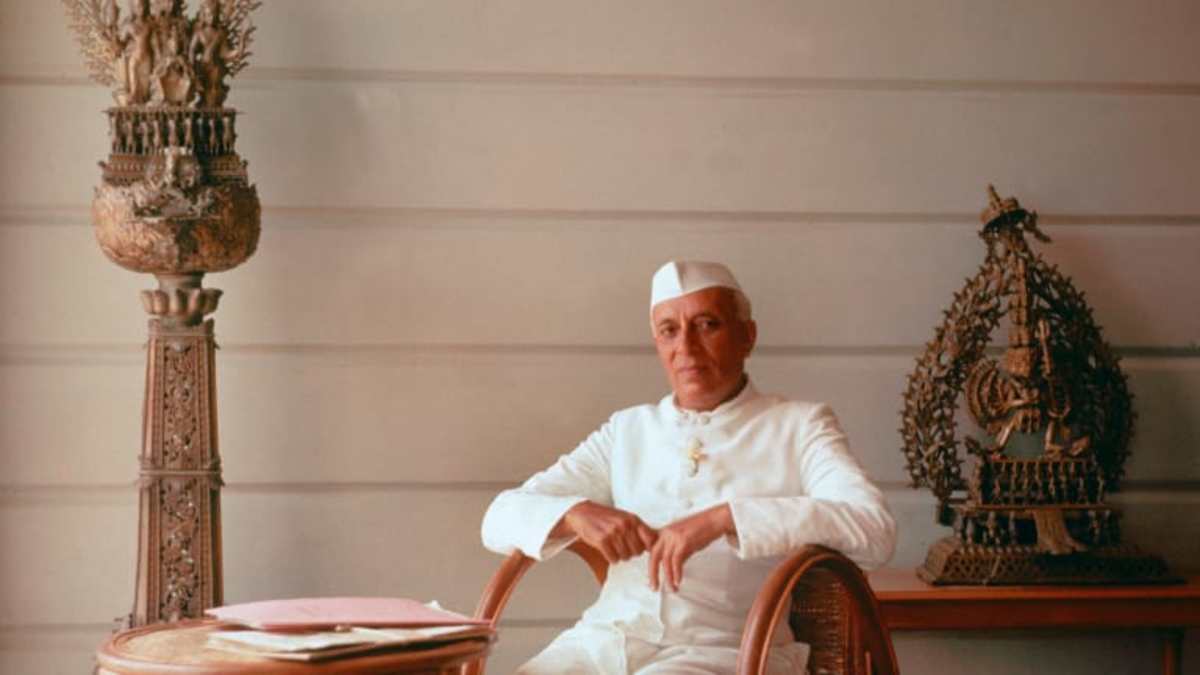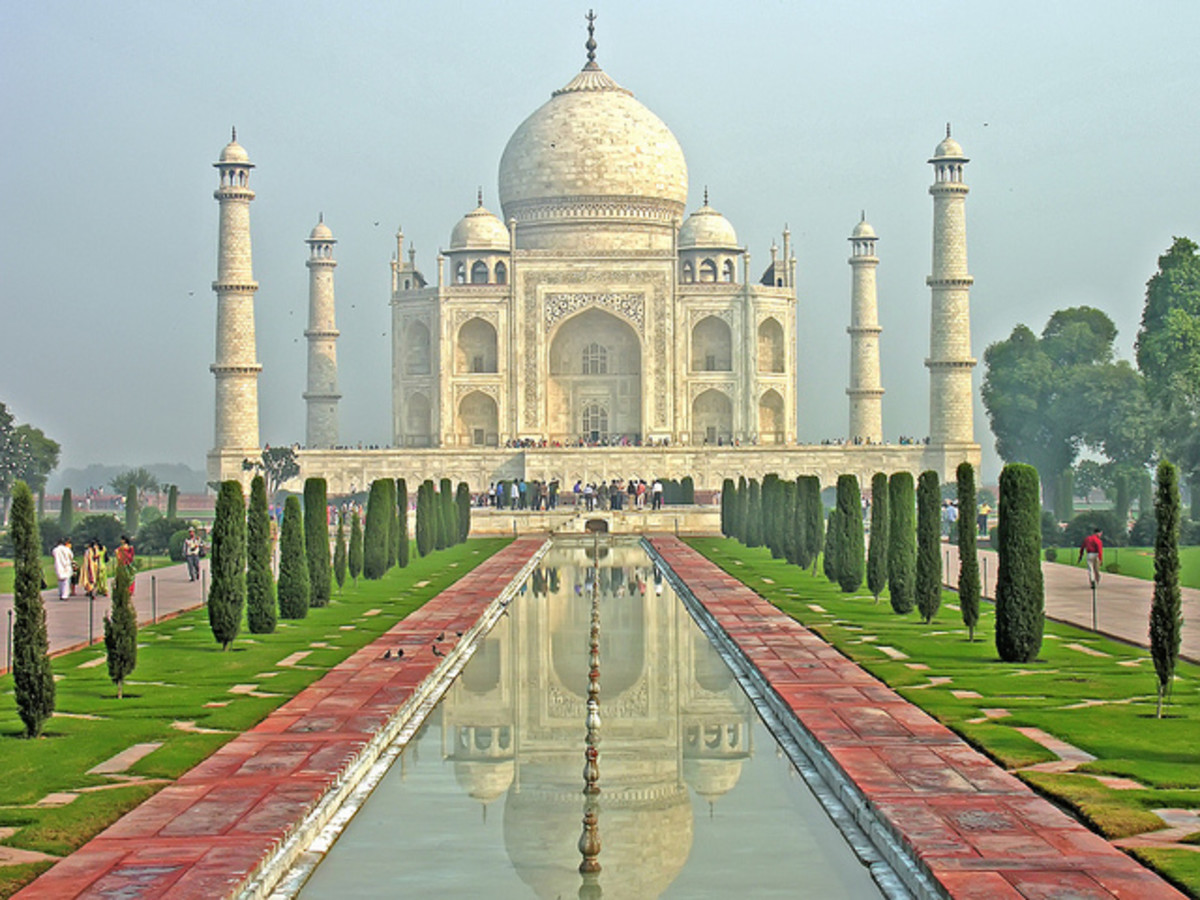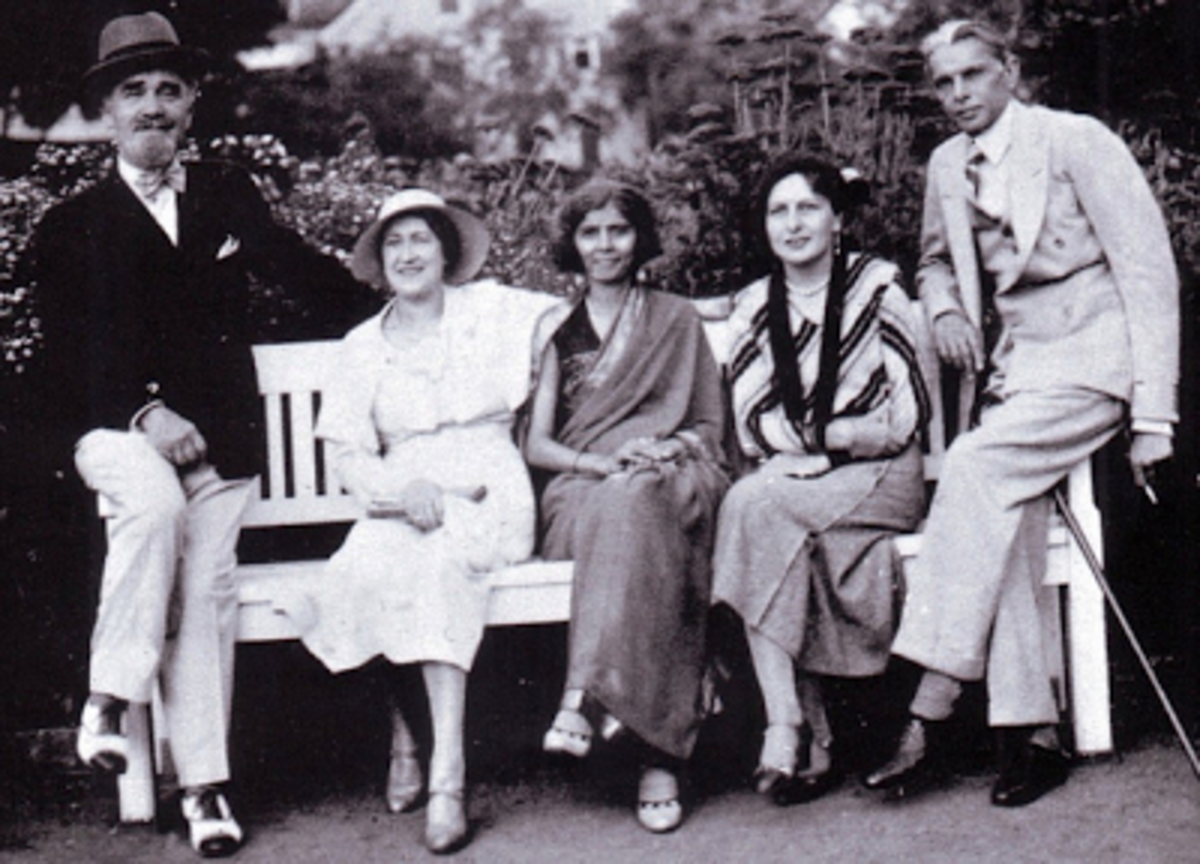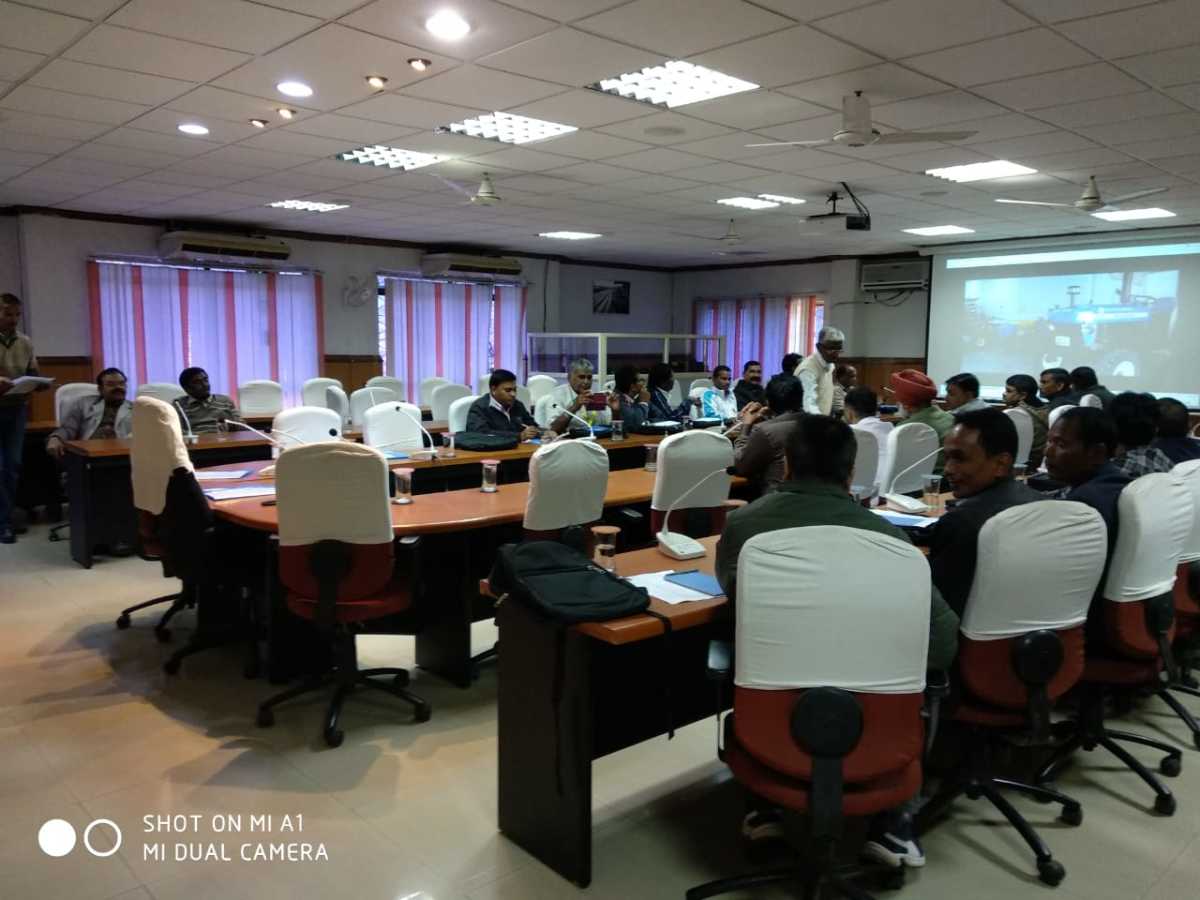India – A Robust Economy but A Deteriorating Culture

India has grown by leaps & bounds after gaining independence in 1947. Today, India is one of the fastest developing nations of the world and she can boast of its resilient economy. Investors from around the world consider India to be one of the safest nations for investments.
In last six decades after gaining independence, on one hand where India has witnessed exponential growth of her economy, on the other hand she has undergone unprecedented modernisation of her culture. The roots of Indian cultures and traditions have weakened with time. This is a danger sign for the country and India should not take it lightly. India should not forget that in the absence of her magnificently rich culture she would not have managed to develop so much so fast.
Modernisation is vital and is inevitable. India seems to be embracing modernisation with lots of enthusiasm but at the cost of deteriorating her own culture. The new generation of India is focussing & preparing itself for fiercely competitive future with an effective education system. But, somewhere today’s Indian society as well as Indian education system is failing to give importance to India’s own traditional teachings and values.
How then the gen next of India can retain the identity of India? Indian traditions date back to thousands of year before the Christ was born. One of the oldest and richest tradition on Earth is not getting due importance it deserves for its preservation and dissemination.
Let’s discuss few of the mostly widely known Indian systems which Indians themselves are forgetting to learn and share with their next generations.
1. Ayurveda:
It is the traditional medicine system of India. It is said that Ayurveda got organised around 1500 B.C., isn’t it unbelievable? In ayurveda the medicines are mostly extracted from plants and if needed are supplemented by fats, animal products & minerals. It is a pity that with such an old history and despite its gaining popularity in west, Ayurveda is not the first option for medicine students in India. Even the majority of patients do not opt for it in the beginning; rather they try other medicines first and come to ayurveda as a last resort. Why is this happening to such an exhaustive medicinal system? Does it not deserve to be promoted more vigorously?
2. Yoga:
Yoga refers to traditional physical, mental and spiritual disciplines that originated in India. The references of yoga can be traced back to 900 B.C. The benefits of yoga are known to all in the world. Today, across the world there is craze for learning & practicing yoga for a healthy, stress free and long life. People are ready to pay & learn yoga. But, in India where the art of yoga was discovered it is practised by very few. Not all schools encourage teaching yoga. Learning & practising yoga has become optional and you have to really put in lot of efforts to find out time for it. Families in India are leading a busy life and Yoga which used to be a part of every individual’s life years ago is no more a daily practice. How then will a child learn yoga and get benefitted?
3. Mantra:
A mantra is a sound, syllable, word, or group of words that is considered capable of "creating transformation". In Hindu religion mantra is considered to be sound form of God. The sounds of mantras are very important and it is believed that with proper recitation of mantras we can lift ourselves to higher level of self consciousness. The mantras are said to be there from Vedic period. They give us the power to cure diseases; ward off evils; gain wealth; acquire supernatural powers; and for attaining blissful state and to attain liberation. Earlier mantras were taught and were passed on from one generation to another generation. But today there is no education of mantras given to children. Who will educate? Even the parents are ignorant of it. It is only a few who learn mantras that too for worshipping Gods and performing rituals. The spiritual aspects of mantras are no more given importance.
The list of Indian traditional systems which are declining is so long that it is impossible to cover them all here.
I fear to see a time when Indian’s will travel abroad to learn Ayurveda, Yoga and Mantras in a foreign university.
India should act to save the identity of her gloriously rich culture, traditions & values which make her - Incredible India!

